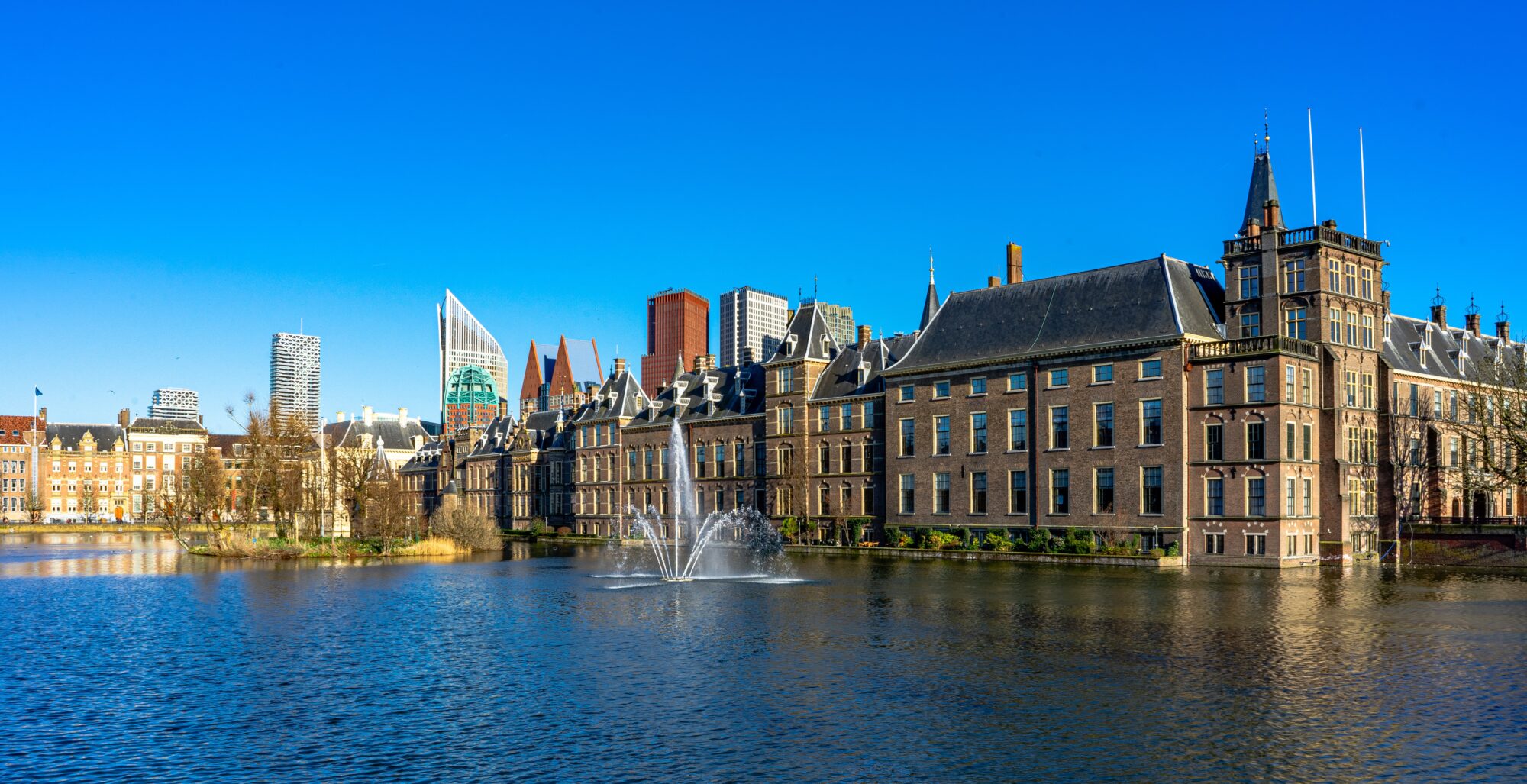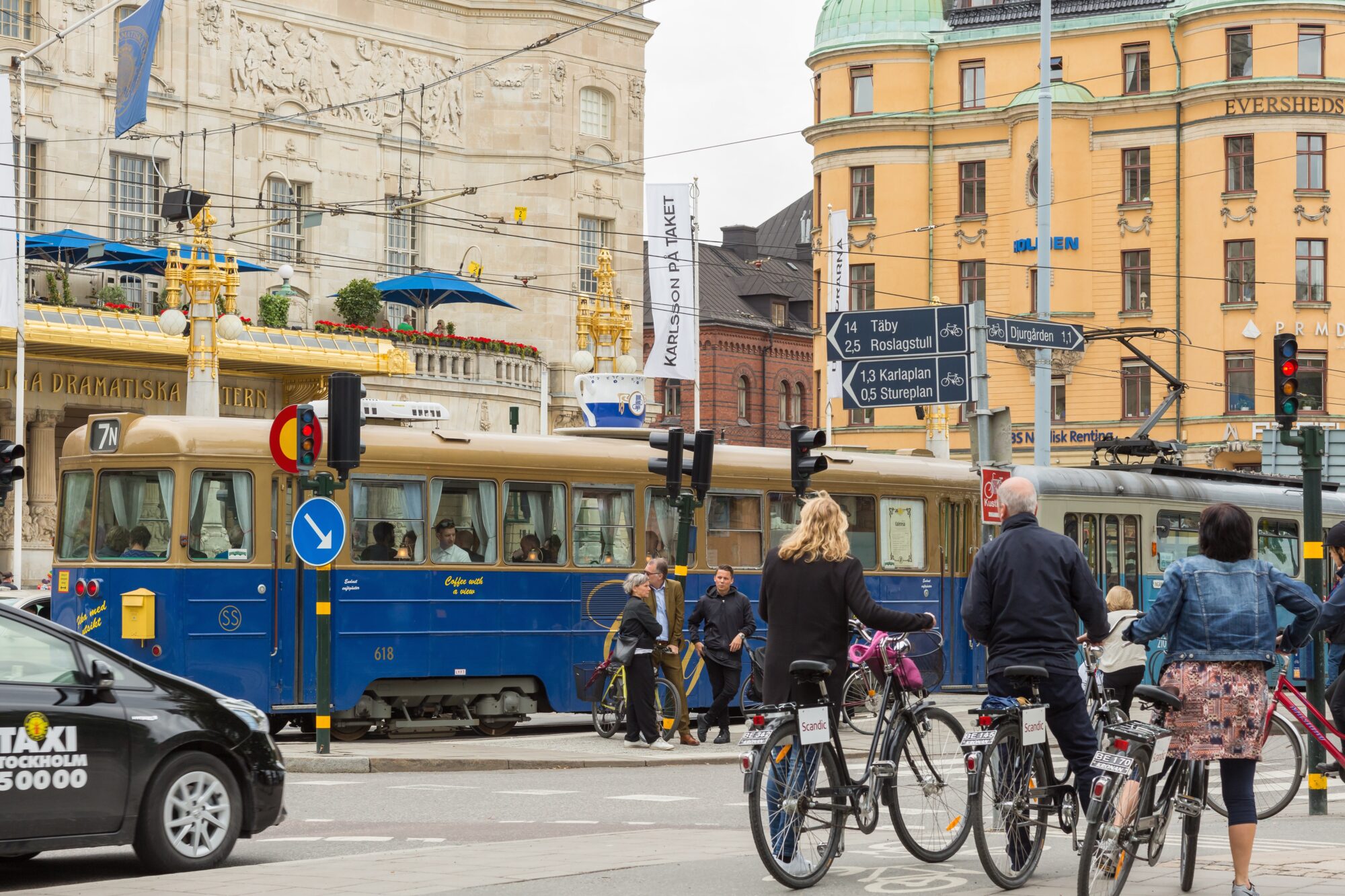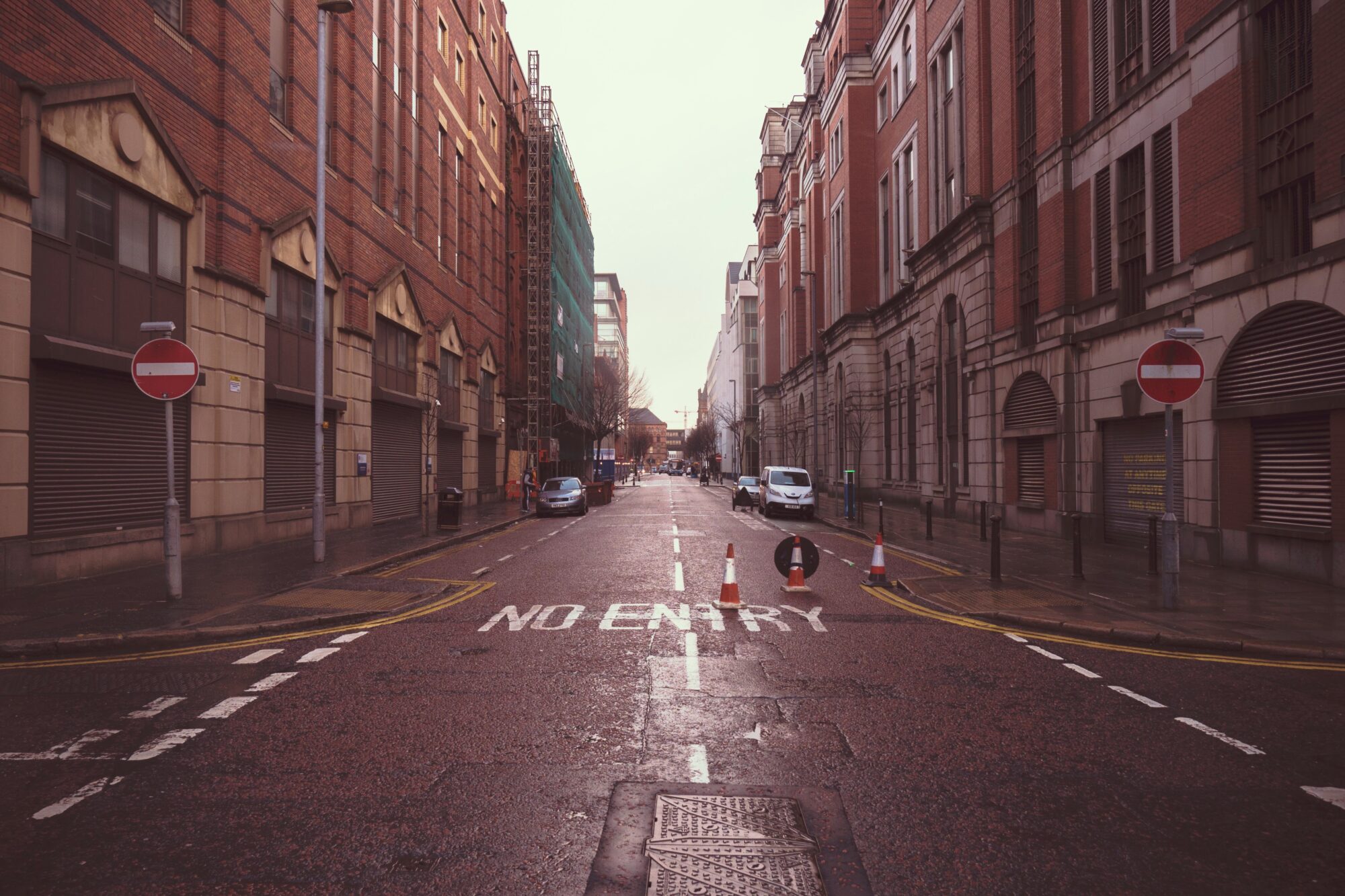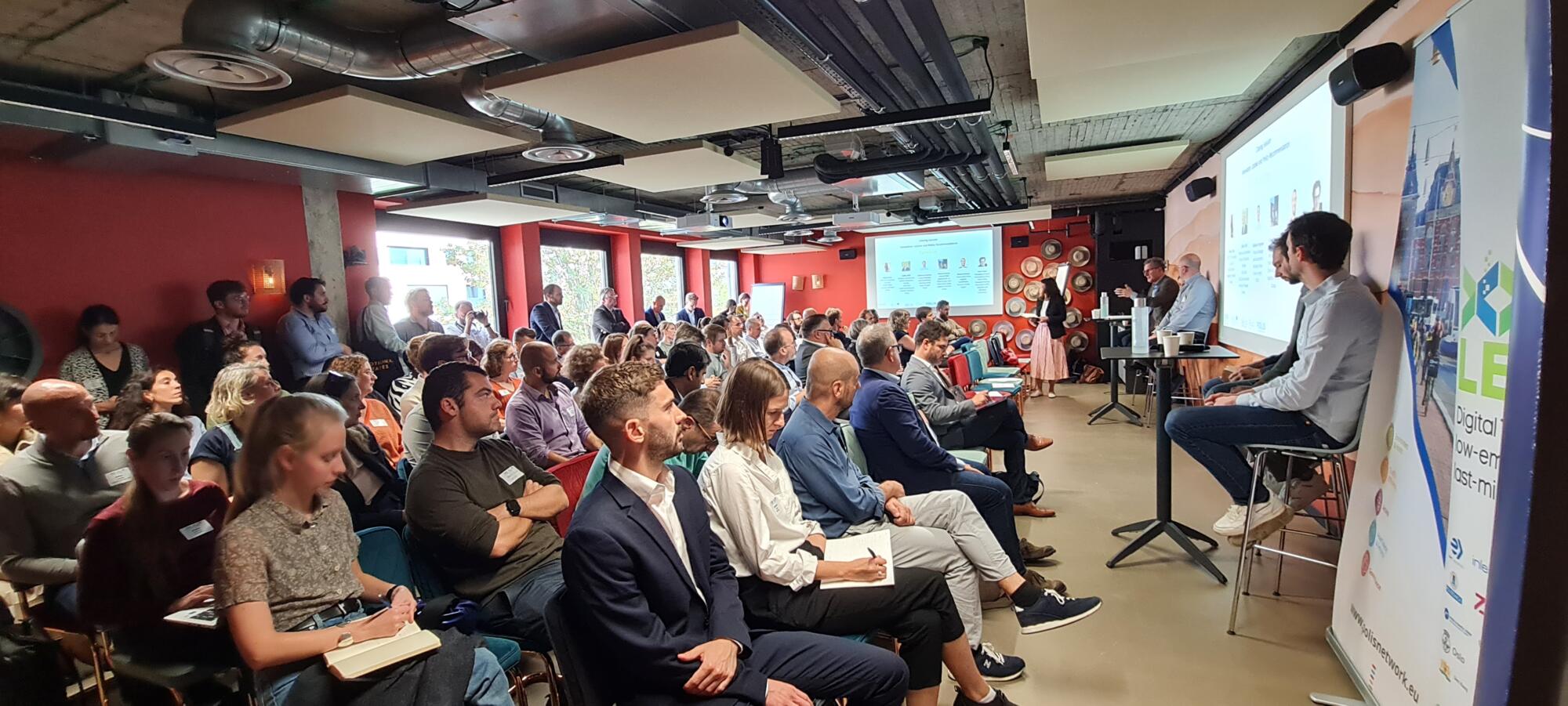The Hague
The Hague is a city and municipality of the Netherlands, situated on the west coast facing the North Sea. The Hague is the country's administrative centre and its seat of government. With a population of over half a million, it is the third-largest city in the Netherlands, after Amsterdam and Rotterdam. The Hague is the core municipality of the Greater The Hague urban area, which comprises the city itself and its suburban municipalities, containing over 800,000 people, making it the third-largest urban area in the Netherlands.
Like other European cities, The Hague will face major challenges in the decades to come. The Hague is thus taking a new course: a transition to a future-proof and urban friendly mobility system. We are working towards a climate neutral city in 2030, as part of the EU’s 100 Climate Neutral City Mission. We want to work learn, inspire and interact with other POLIS-members towards this goal.
Their vision is that mobility must serve the larger challenges of the city such as liveability, well-being, climate change, and the need to build homes. Mobility is thus not the goal but the means to an end. The mobility transition is seen as the necessary development of the mobility system which will keep the city accessible, liveable and road safe over the coming decades remains. Furthermore, a mobility system that is sustainable and is a natural part of a city makes a city attractive. In 2040 their mobility system hopes to be: safe, clean, connected, efficient, customised and affordable.
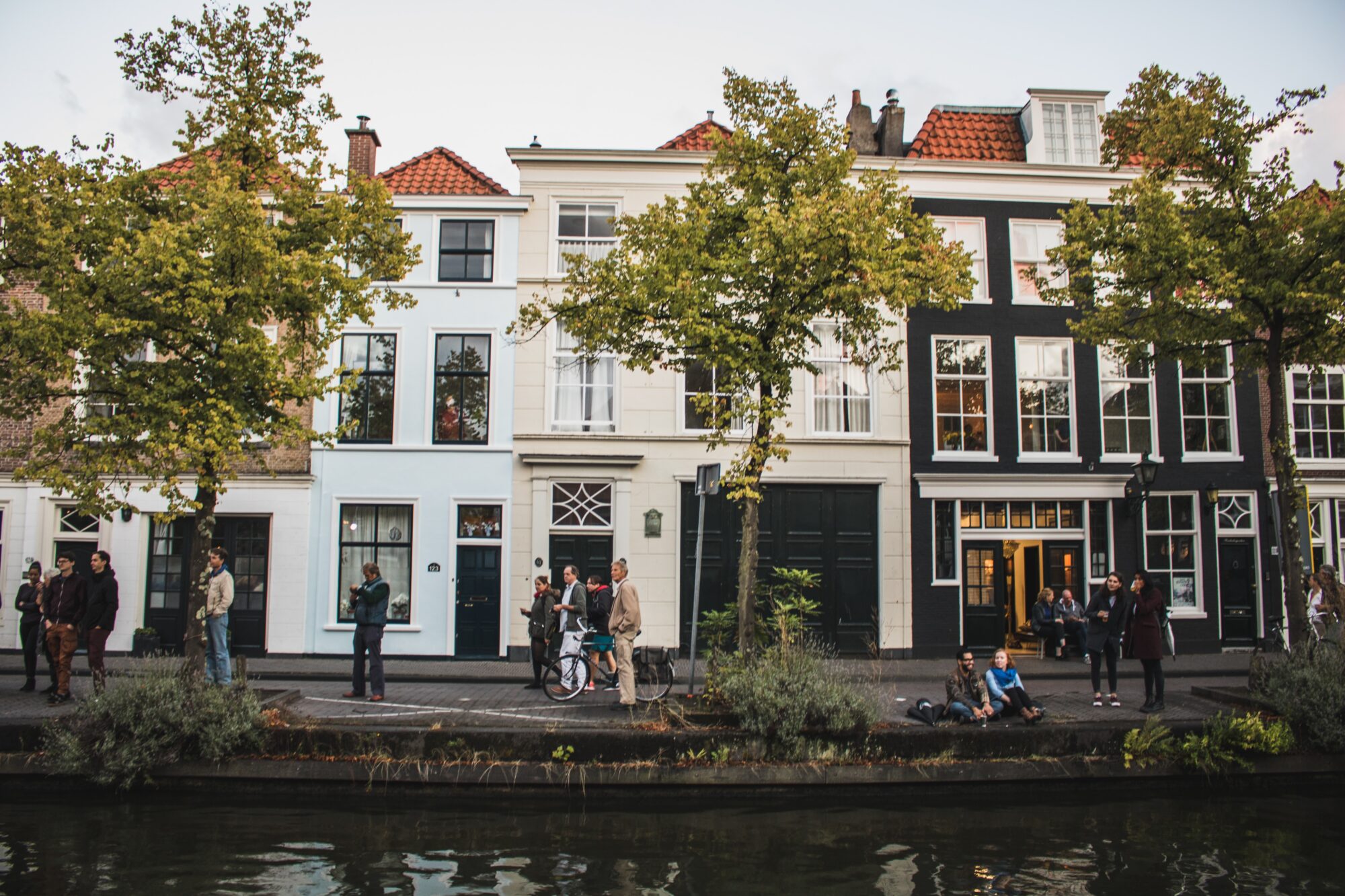
Image credit Nicole Baster/ unsplash
Smart mobility services and projects are accelerating this. Smart Mobility in The Hague entails the smart organisation of the demand and supply of mobility services and resources, and optimising the infrastructure and the traffic systems that these need. Examples include the self-driving shuttle bus at the Haga Hospital; bike platforms; intelligent traffic control systems; and Mobility-as-a-Service (MaaS). The objective is that everyone has access to a mobility system that is customised, sustainable, clean, affordable and connected.
Active travel is also a major component and the city has been experimenting with a plastic platform with built-in racks inserted into car parking spaces. This is showing people the benefits of both increasing the space allocated for bike parking, and also of reducing spaces for car parking. In this way, parking management can support major modal shift. Replacing car parking spaces with alternative uses is a key part of this process, and as cities seek to encourage residents and visitors away from personal car use towards active modes of travel, substituting a car parking space for bike parking is proving critical.
The Hague has been involved in the LEAD project and RAPTOR.
To find out more visit their website, or follow them on Twitter and LinkedIn.
